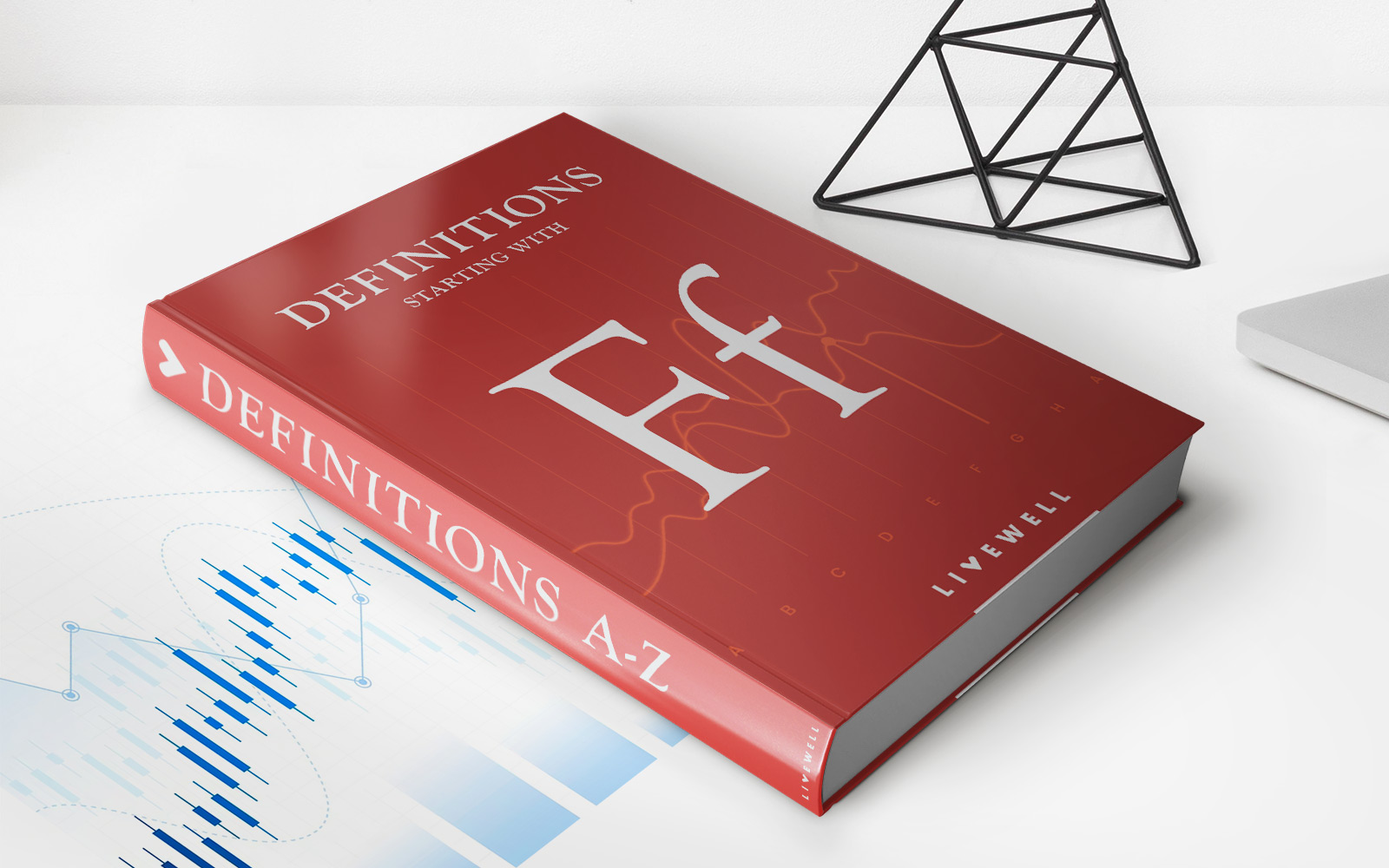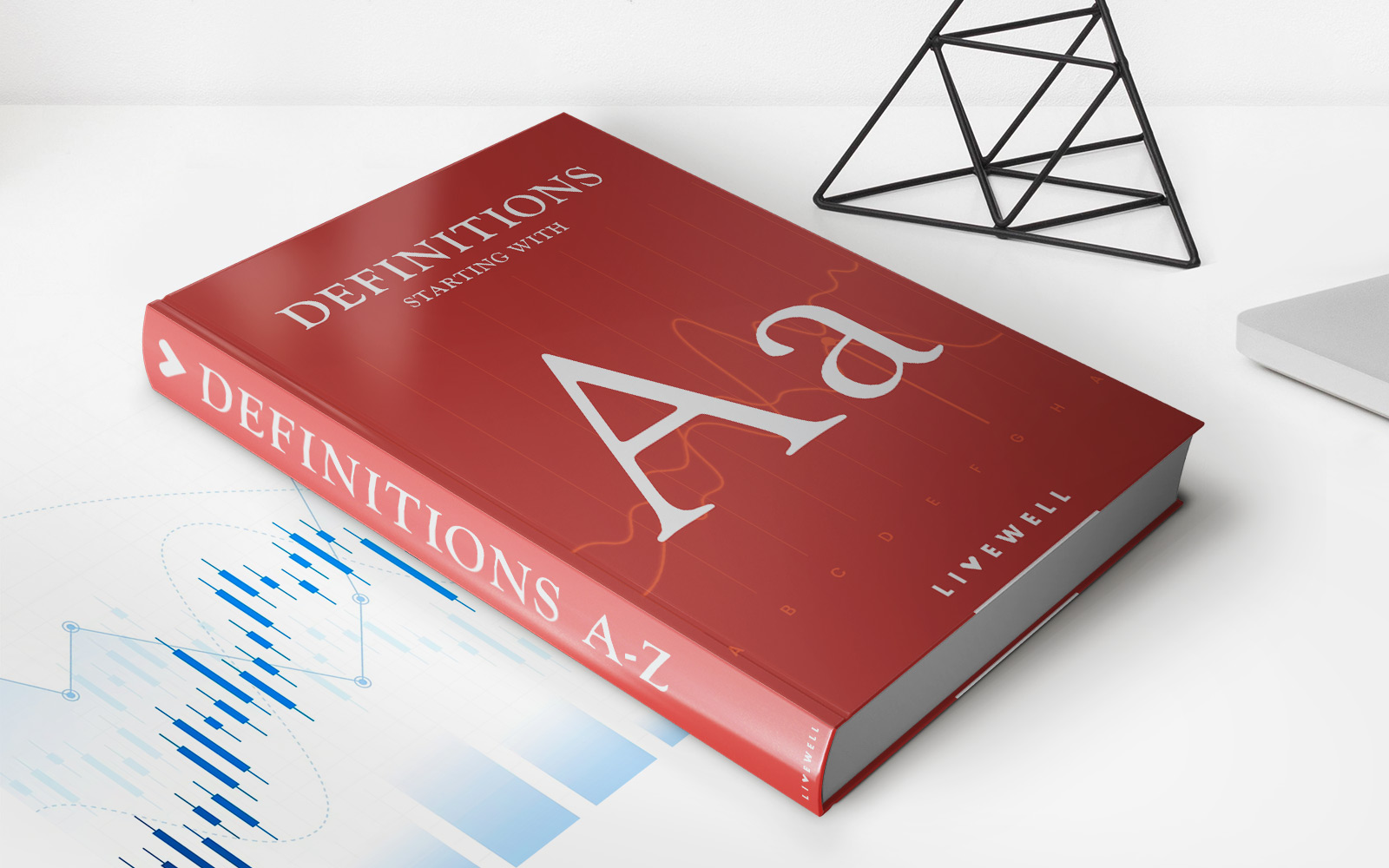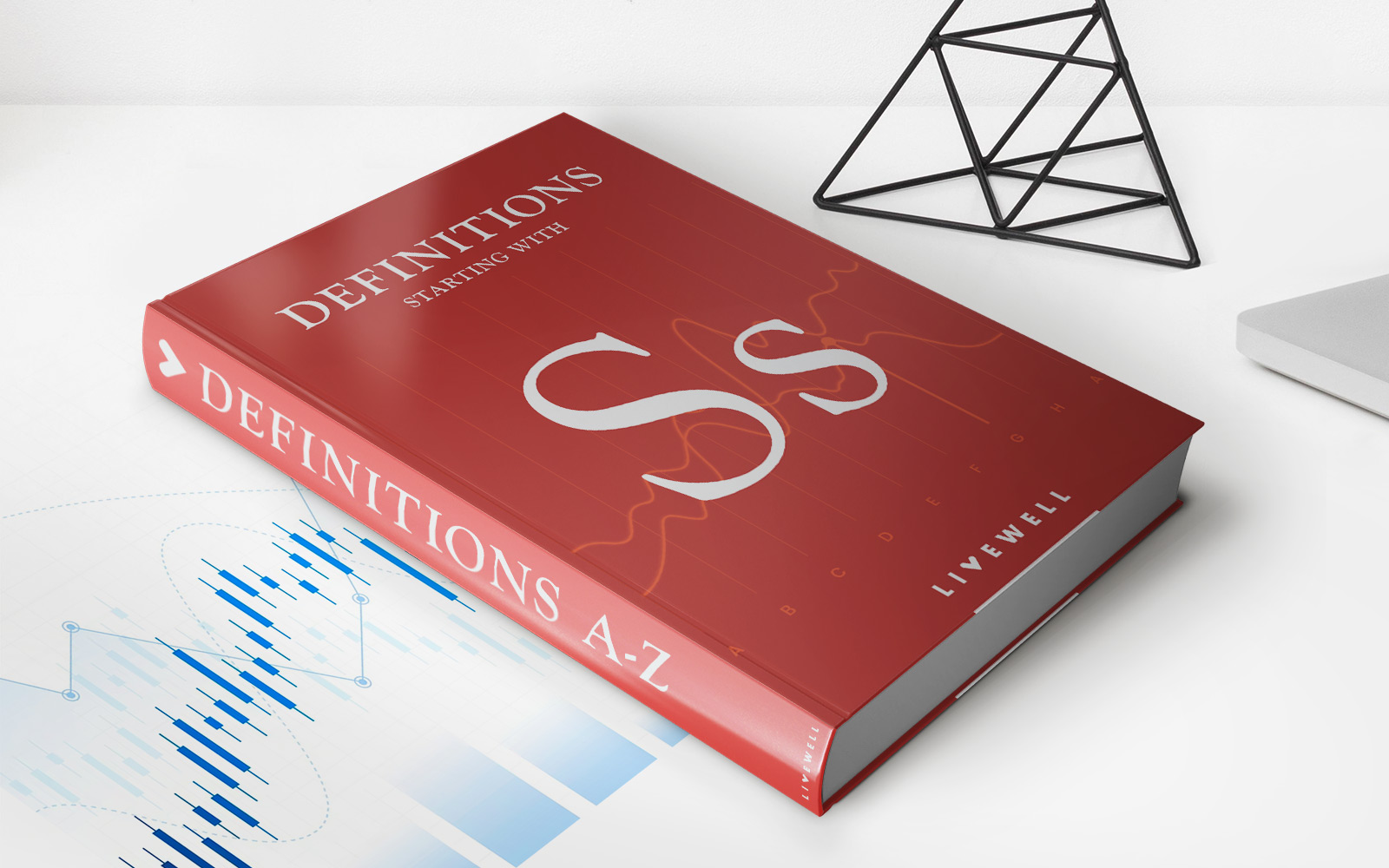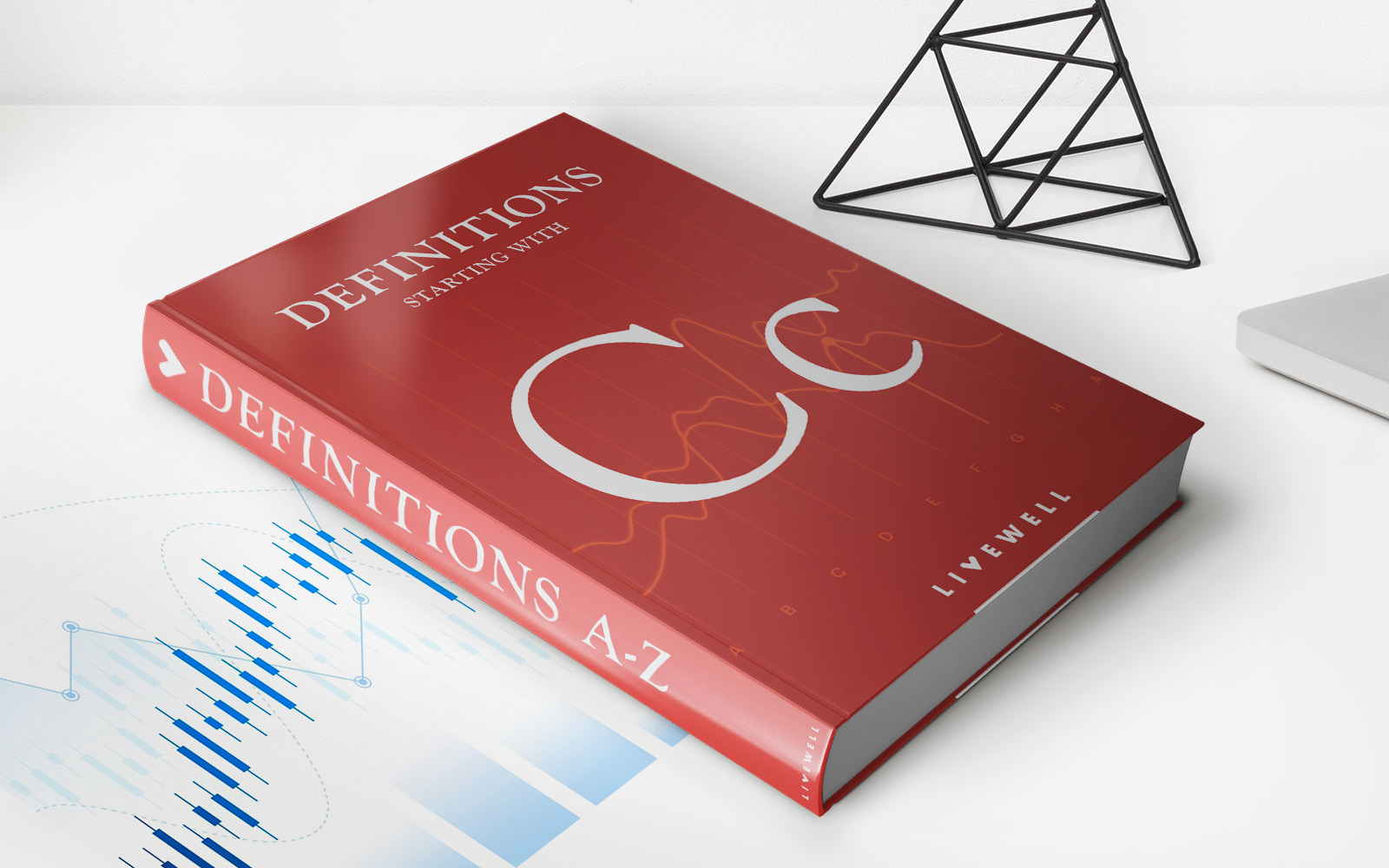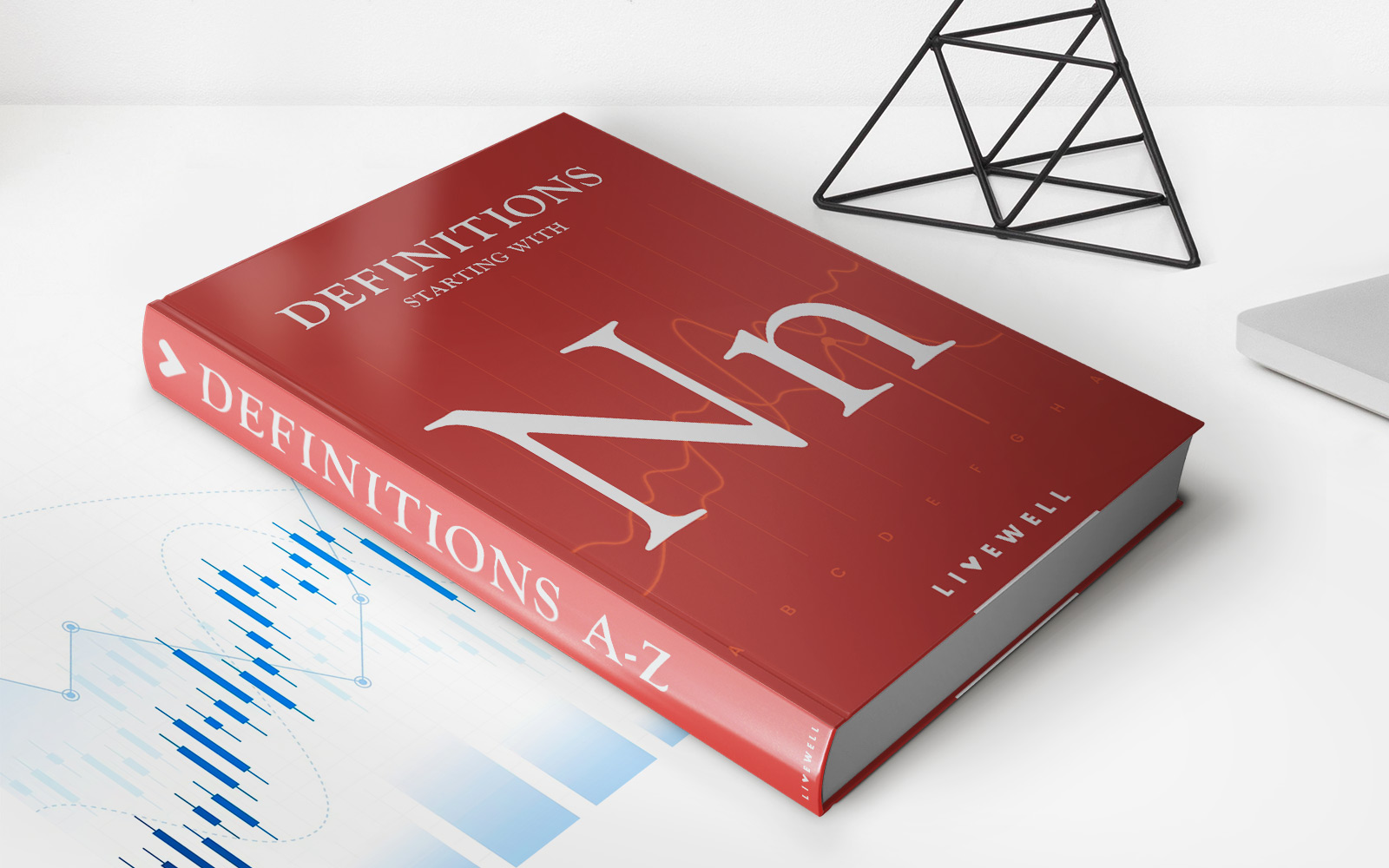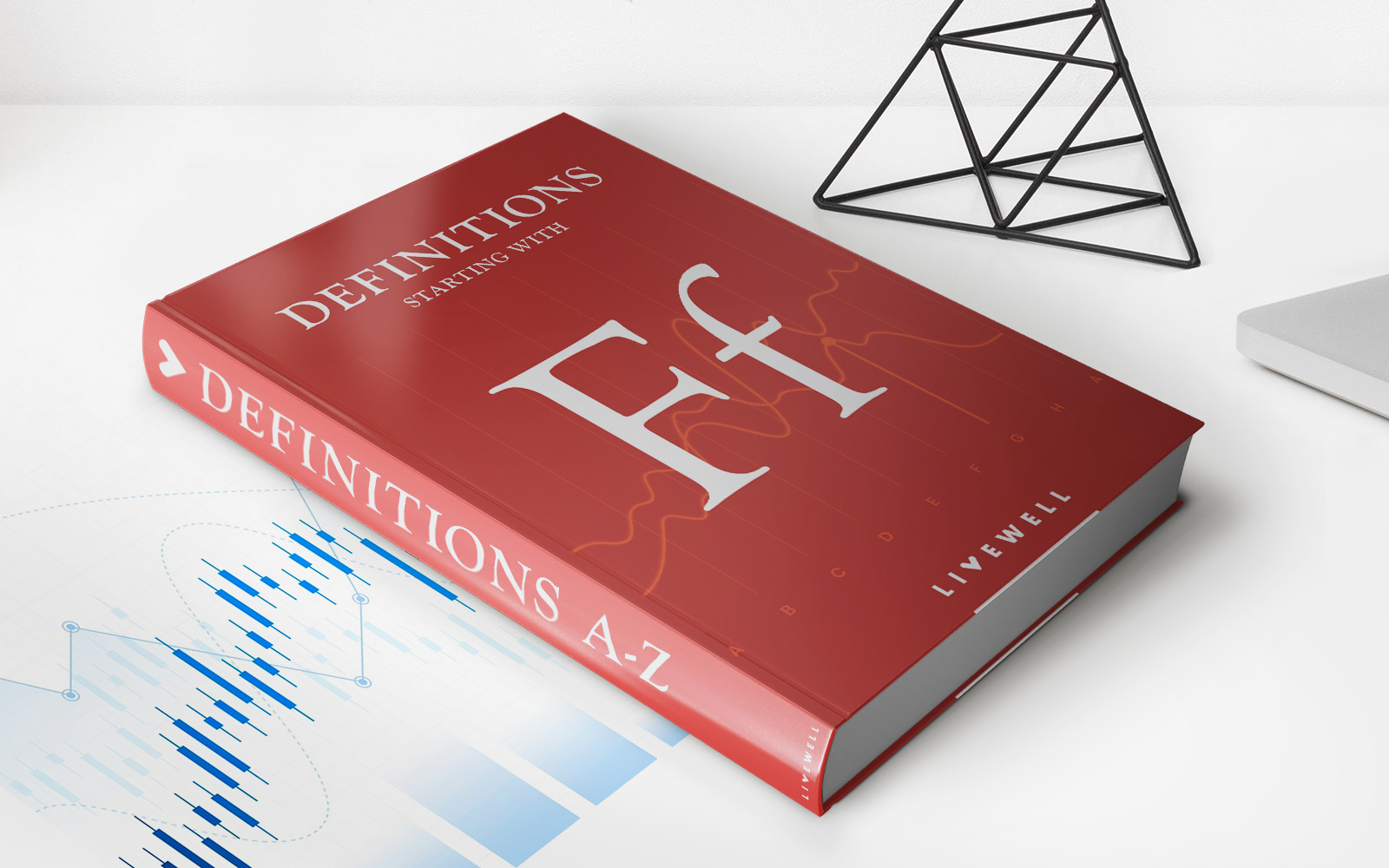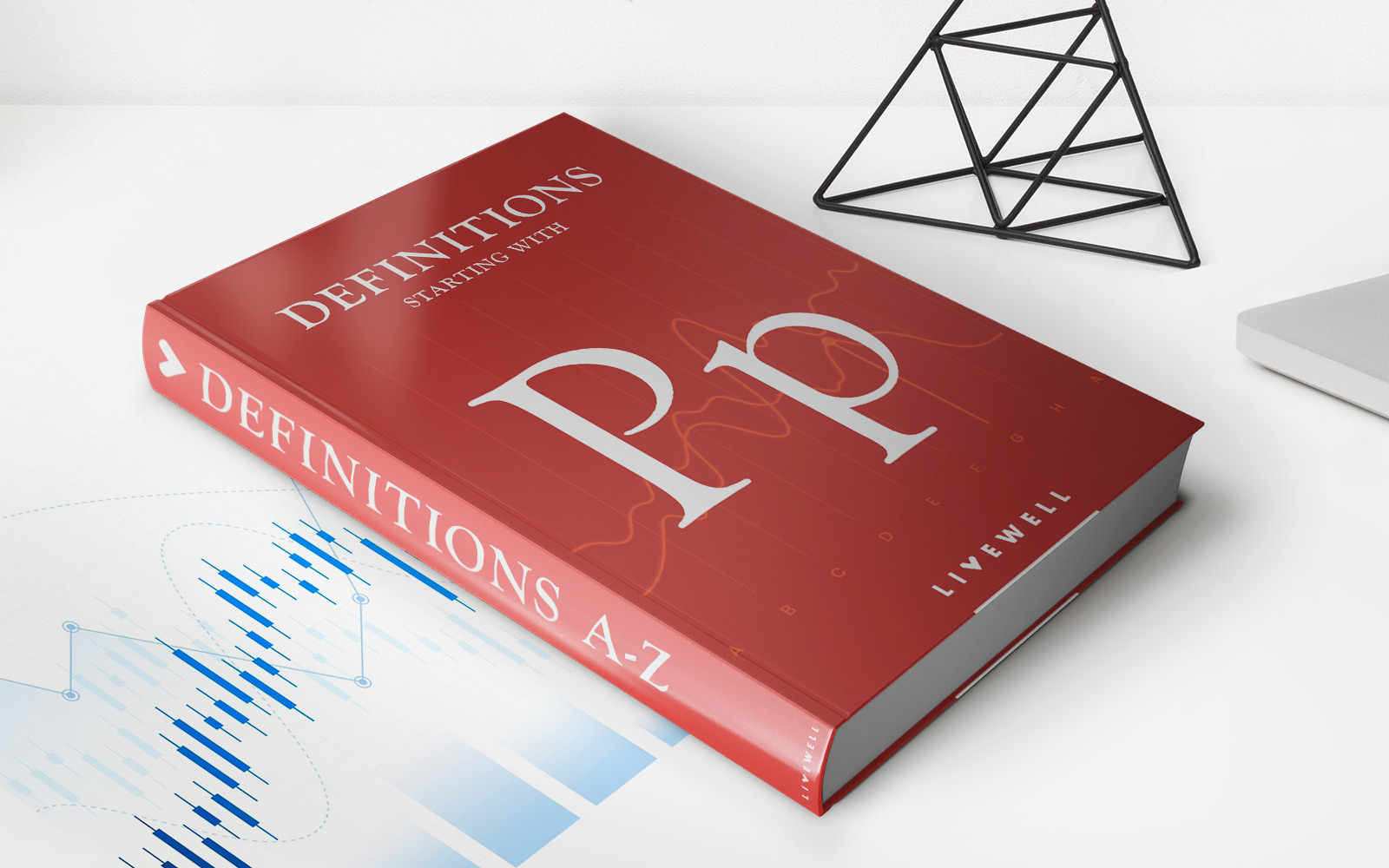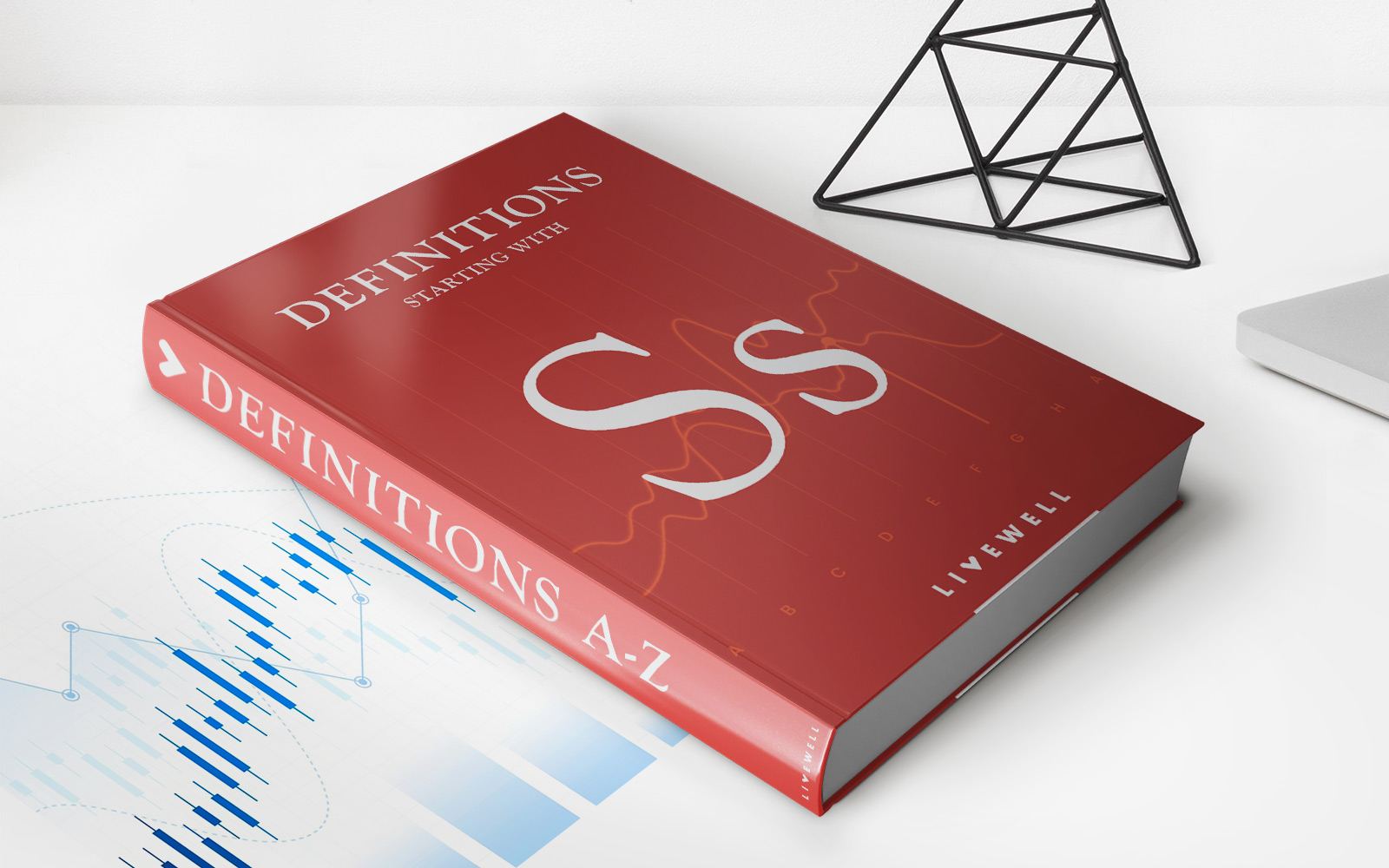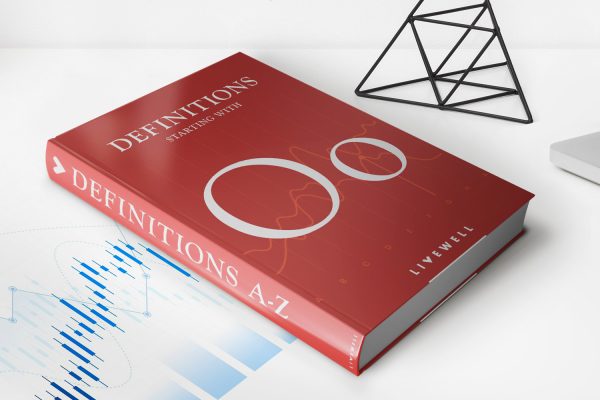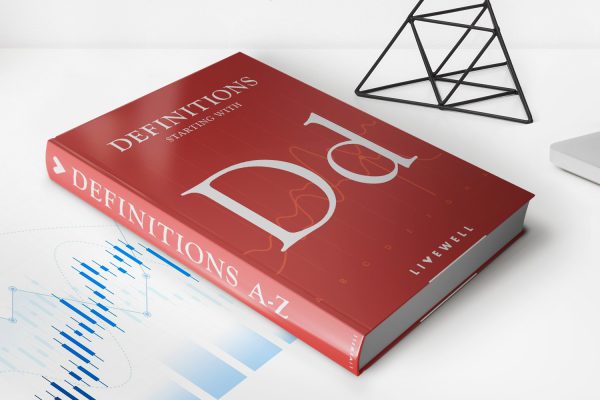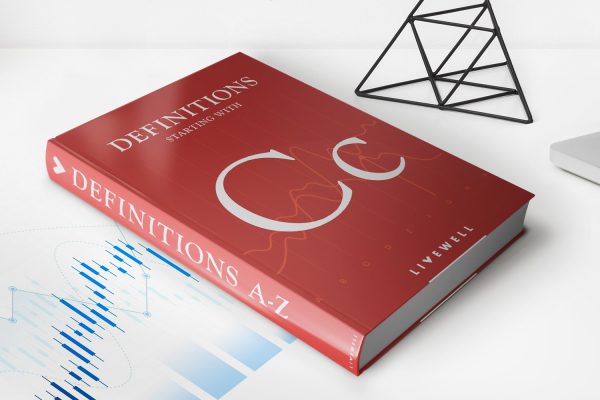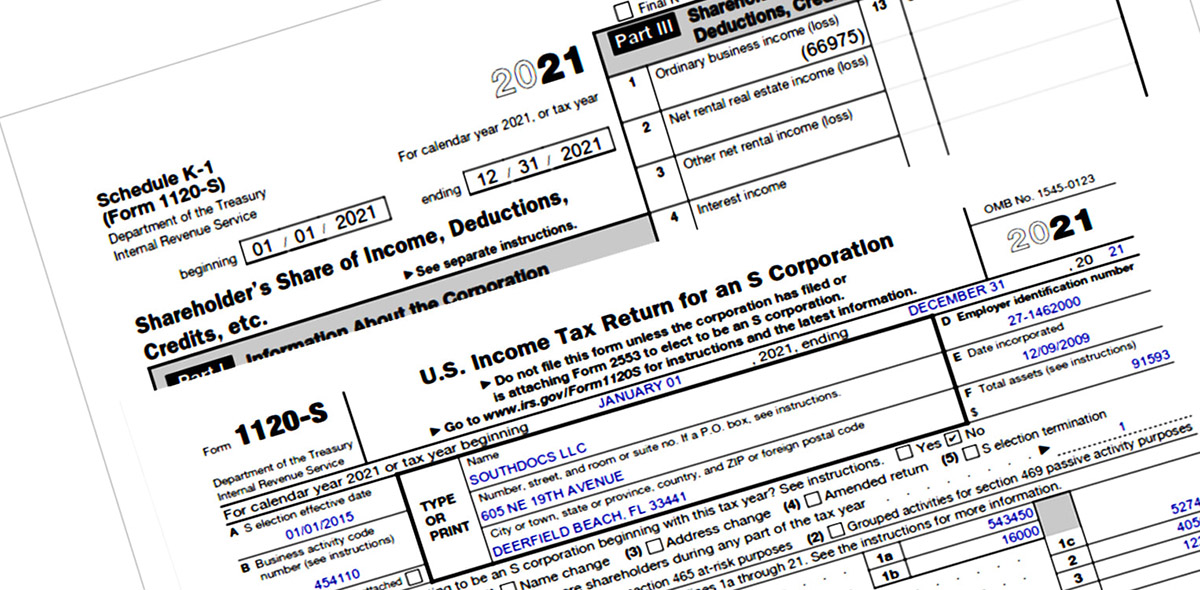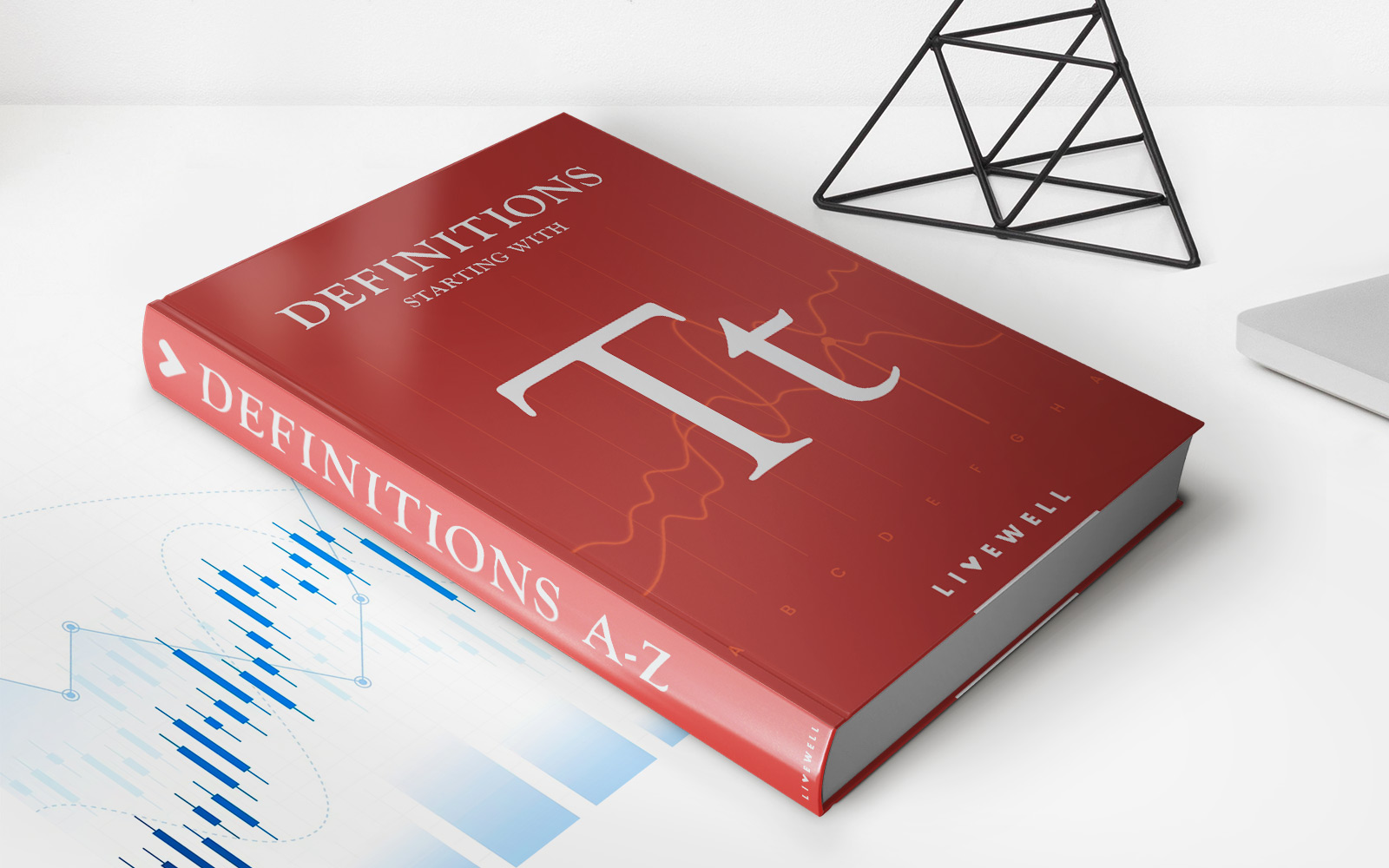Home>Finance>Cash Market: Definition Vs. Futures, How It Works, And Example
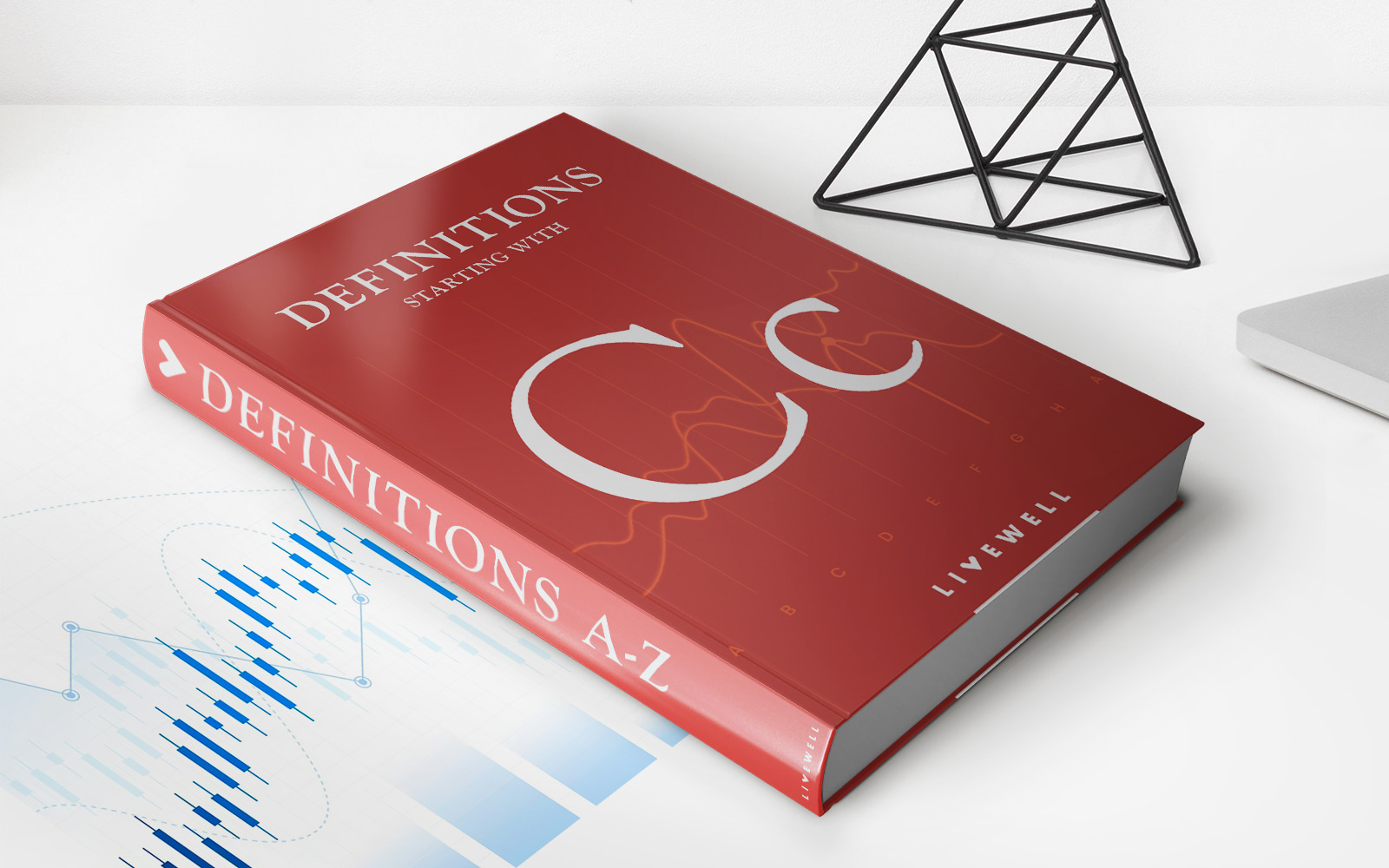

Finance
Cash Market: Definition Vs. Futures, How It Works, And Example
Published: October 24, 2023
Discover the definition and differences between cash market and futures in finance. Learn how cash market works and explore an insightful example.
(Many of the links in this article redirect to a specific reviewed product. Your purchase of these products through affiliate links helps to generate commission for LiveWell, at no extra cost. Learn more)
Understanding the Cash Market: A Comparison to Futures
Are you familiar with the term “cash market”? If you’re not, don’t worry. In this article, we will explore the concept of the cash market, compare it to futures, and provide you with a clear understanding of how it works. So, let’s dive in!
Key Takeaways:
- Cash markets involve immediate delivery and settlement of financial assets, while futures market transactions occur at a future date.
- In the cash market, prices are determined by the forces of supply and demand, whereas futures prices are influenced by factors such as speculation and market expectations.
What is the Cash Market?
The cash market, also known as the spot market, is a financial market where financial instruments such as stocks, commodities, or currencies are traded for immediate delivery. In simple terms, it is a market where buyers and sellers trade in actual physical goods or financial assets, and the settlement of the transaction occurs immediately or within a short period.
How does the Cash Market Work?
In the cash market, prices are determined by the forces of supply and demand. Buyers and sellers agree on a price at which they are willing to trade, and the transaction is executed instantly. The settlement involves the exchange of the asset and the payment between the buyer and the seller.
On the other hand, futures market, as the name suggests, involves the trading of financial instruments known as futures contracts. These contracts are agreements to buy or sell a specific asset at a predetermined price and date in the future.
Example of the Cash Market in Action
Let’s consider an example to illustrate the functioning of the cash market. Imagine you are interested in buying shares of a popular tech company. You reach out to a stockbroker and agree to purchase 100 shares at the current market price of $50 per share. The stockbroker finds a seller willing to offload the shares at that price, and the trade is executed. The settlement then takes place where you pay the seller $5,000 (100 shares x $50). In the cash market, you now officially own those shares.
Now let’s contrast this with a futures market scenario. Instead of buying the shares for immediate delivery, you enter into a futures contract to buy the same 100 shares of the tech company’s stock at $50 per share, but with a delivery date three months from now. Even though you have committed to buying the shares in the future, no money or shares change hands at the time of the agreement. The settlement only takes place at the agreed future date.
In conclusion, the cash market is where transactions for immediate delivery and settlement occur, while the futures market involves agreements to trade assets at a future date. Understanding the differences between these two markets is essential for investors and traders navigating the financial world.
